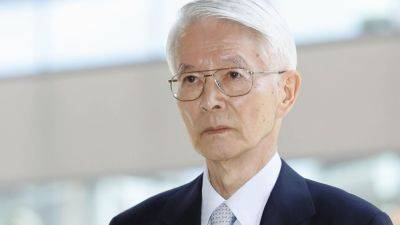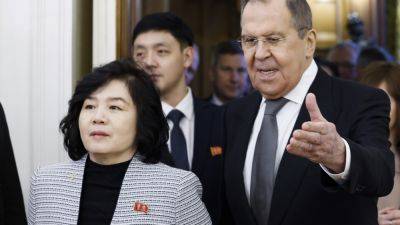Diplomatic composure in tumultuous times
November 1, 2024
SEOUL – The world is undergoing significant shifts, and the pace of these changes can often provoke anxiety and uncertainty. Across continents, events are unfolding with potentially profound impacts on global stability.
Former US President Donald Trump is positioning himself for another term that could potentially reshape the liberal order. North Korea is sending troops to Russia to fight Ukraine, creating new geopolitical complexities. In Japan, a new prime minister faces political instability, increasing the likelihood of resignation following a lost general election. Meanwhile, in the Middle East, Israel’s intensifying hostilities with neighboring entities further exacerbate regional instability. China’s mounting military posturing toward Taiwan underscores tensions in East Asia, while South Korea is entering what may be one of its most precarious periods in recent history.
Against this backdrop, many Koreans are understandably concerned about the potential impact of these changes in world politics. Historical trauma intensifies these fears; Korea’s colonial experience under Japan and the subsequent division by the great powers have left deep psychological scars. This collective memory influences perceptions of foreign policy challenges and fosters sensitivity to signs of international crisis.
However, excessive worry and reactionary diplomacy are not constructive ways to confront these challenges. While these situations present genuine risks, they offer opportunities if approached with a calm, measured and forward-looking mindset. History reveals that panic and impulsive responses are rarely productive in diplomacy. With changes in global leadership and realignments, South Korea’s position is







